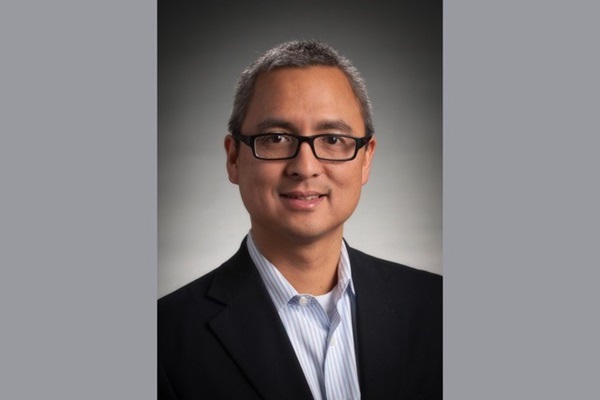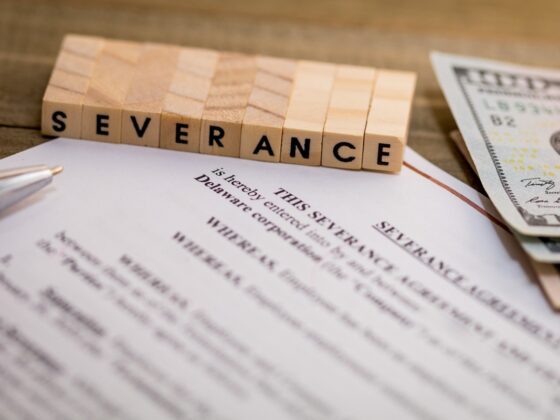Victor Abiad (MBA ’03) recently wrapped up a successful mid-career search that culminated in multiple offers. He shares his experience here.
After graduating from Darden in 2003, Victor worked in strategy consulting and the health care industry with stints at Booz & Company, Independence Blue Cross and most recently, Accenture. His desire to continue helping people navigate the overly complex US health care system led Victor to recently accept a role as director of customer experience strategy with Guidewell, a health insurance and health care delivery company.
Your job search was grounded in a clear objective – how did you develop a target employers list?
I was looking for a career change but wanted to leverage my 20 years of health industry and consulting experience, so I targeted health care companies and the health care arms of technology companies. My ideal role was something focused on strategy which led me to look at organizations that were large enough to have strategy teams.
I created an initial target list based on my knowledge of the industry. Once I started networking, suggestions from people were used to expand the list. Then as I became active on LinkedIn, the platform’s algorithms started suggesting other companies which I also used to refine my target list.
What were the biggest lessons learned from your interviews?
The biggest lesson is to be ready to tell the most relevant stories effectively. The key steps are knowing the key messages you want to deliver, choosing the stories that best highlight those messages and then telling those stories in a concise and memorable way.
At this stage I had already tailored my resume to match my strengths and experience to the central responsibilities as outlined in the job description. So, for me, interview preparation started with a review of my resume to identify the primary messages to communicate.
The second step was choosing the best stories to tell. I started out by writing out a few stories for the initial set of interviews. As discussions evolved, I added new variations and completely new stories. In the end, I had a set of stories to pick from as I prepared for each interview.
The last step was practice and lots of it. Knowing the story and telling it effectively are two different things. I practiced saying each of the stories out loud, timing myself and recording them for review. Once I felt ready, I practiced with a trusted person who gave honest feedback.
One last takeaway is that interviewing is a learned skill. I found I told my stories better as I got more interviews under my belt.
As you had three different recruitments simultaneously moving into the final rounds stage, how did you keep track of your priorities relative to their process and timing?
The timing of the interview process is mostly out of a candidate’s control. One can only go as fast as the company interview process goes. I would follow-up with recruiters after a week of silence, but there wasn’t much more to be done beyond that.
The dynamic shifted once the first offer was received. At that point I reached out to the two other companies informing them I had received an offer, had a few days to decide and inquired about their decision timelines with regards to my candidacy. One company dropped out, and the other accelerated its process to stay competitive.
How did you leverage your priorities around compensation/location in the negotiations between multiple offers?
I was fortunate to get two offers on the table that were both attractive to me. Both organizations were growing and among the industry leaders. Both roles were similar strategy roles.
Company A offered ~30% higher compensation and required relocation to its city. Company B had lower compensation but was remote and did not require a move. I was very open with both organizations and shared the high-level details of the competing offers. During this process, both companies negotiated with me to improve the total compensation. I was initially leaning towards taking Company A’s offer and relocating, but in the end, I accepted an enhanced offer from Company B.
Key takeaways for me from this last stage:
- Everything is negotiable.
- “Final offers” can sometimes improve.
- Do the math (and discuss with loved ones if applicable) beforehand so you know what is satisfactory and can accept or continue to negotiate with confidence.





